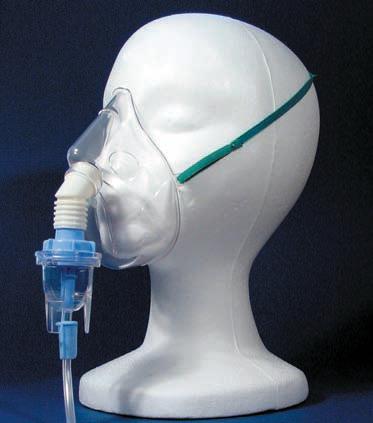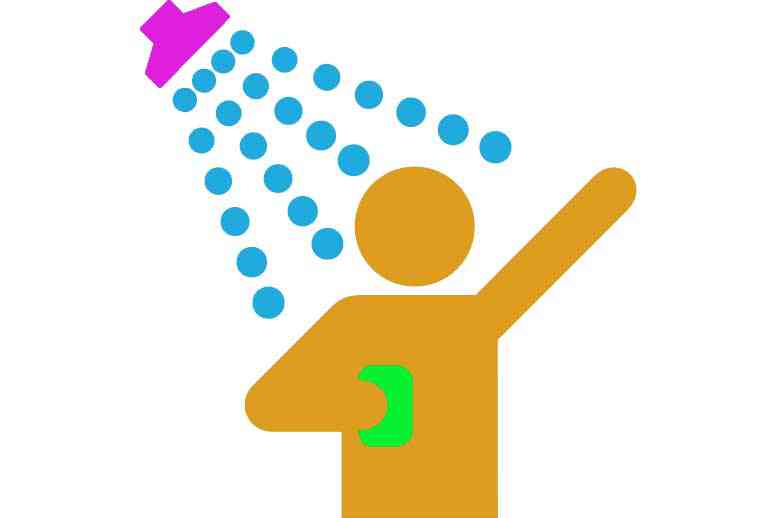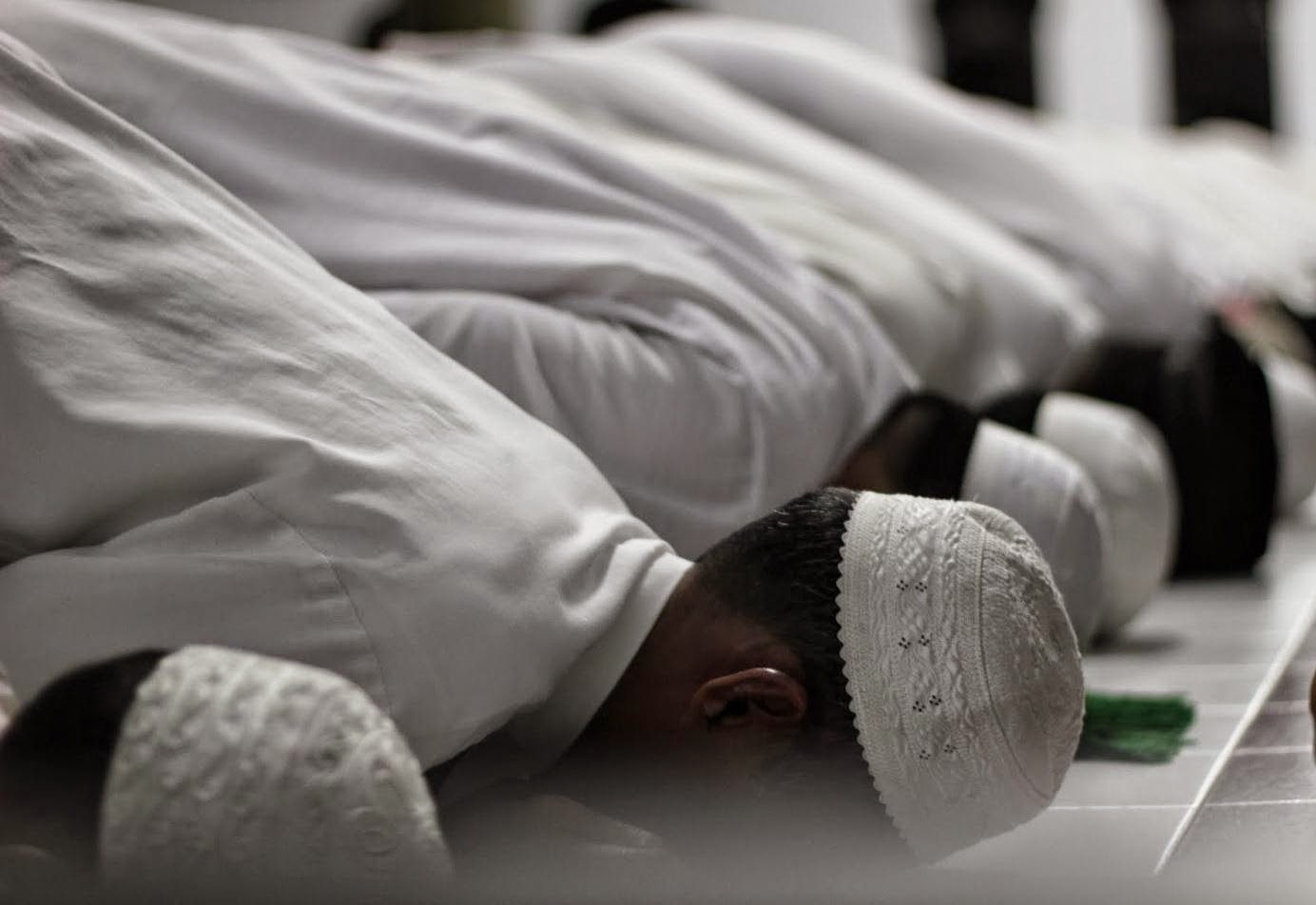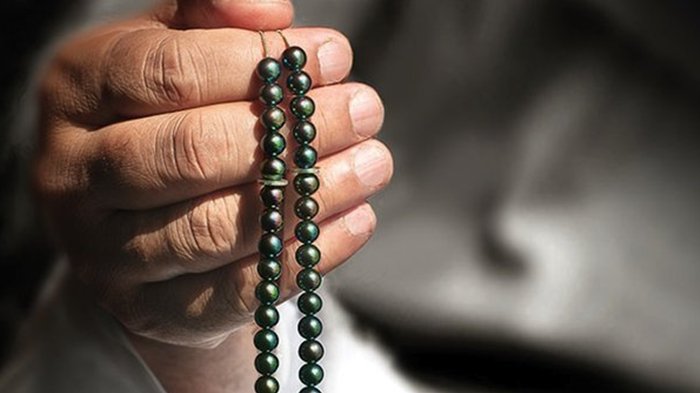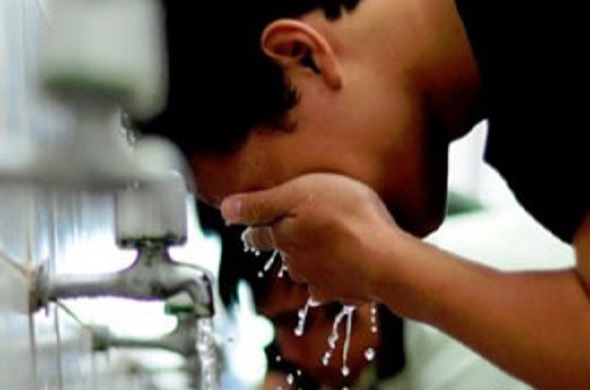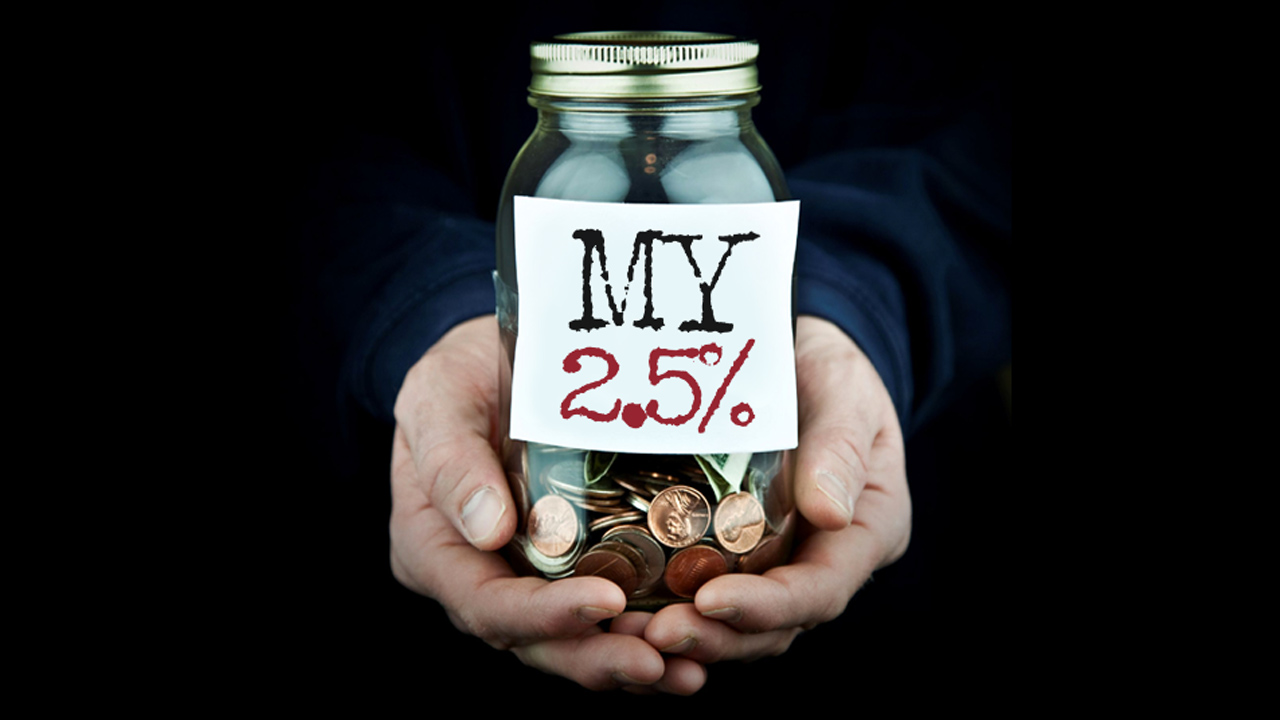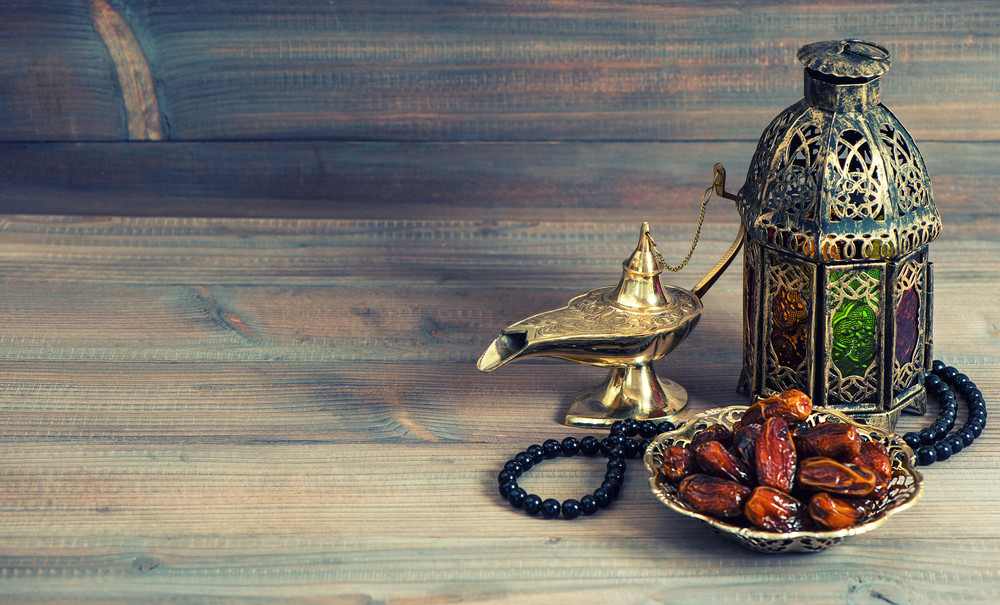QUESTION:
What do the scholars of the religion and muftīs of the sacred Sharī’ah say regarding this matter, that if there is such a diabetic person who can not fast, can he give fidyah for his fasts because this time round Ramadān is in the summer, and fasting is not possible and someone who has this illness does not usually recover from it. I have read your fatwā [islamic legal verdict] whereby you state that ill people should fast, whereas here in England, various respected scholars mention the ruling of giving fidyah, why is this?
Questioner: Abdullah from England
ANSWER:
بسم اللہ الرحمن الرحیم
الجواب بعون الملک الوھاب اللھم ھدایۃ الحق والصواب
If a diabetic person truly can’t keep the fasts of Ramadān, such that the illness worsens from consecutively keeping a month’s worth of fasts or he has to face extreme weakness, so such a person should keep separate fasts, meaning leaving one day and keeping a fast the second or third day when he has the energy, and however many fasts were missed, he should do qadā of them in the winter. And if he can’t even keep a single fast during the summer but he can keep them during the winter because the day is shorter and one doesn’t even feel any severe thirst, so it’s fard on such an ill person that he does qadā of these fasts in the winter, not give fidyah. It is this which is the ruling of the Qurān.
Just as Allāh Almighty states in the Qurān regarding such ill people,
فَعِدَّةٌ مِّنْ اَيَّامٍ اُخَر. يُرِيْدُ اللهُ بِكُمُ الْيُسْرَ وَ لَا يُرِيْدُ بِكُمُ الْعُسْرَ
“So one should keep the same number of fasts on other days (do qadā). Allāh desires ease for you and does not desire hardship for you.” [Surah al-Baqarah: 185]
However, if one can’t even fast in the winter; neither consecutively nor separately nor has the energy to fast during another season, so such an ill person should not give fidyah this moment in time. Rather, he should wait for his health to recover, and if he loses hope of his health recovering, then he should give fidyah at such a time, otherwise he should make a will for when he passes away [for fidyah be fulfilled].
Just like Sayyidī Ala Hazrat Imām Ahmad Razā Khān عليه رحمة الرحمٰن states that, ‘Some (people) truly do not have the energy to fast in the summer but they can keep them in the winter, even they can’t give kaffārah [fidyah – expiation]. Rather, having done qadā in the summer, it is fard on them to keep fasts in the summer. The third issue is that some can’t fast for the full month simultaneously but they can fast with [a gap of] one or two days in between, so it is fard to keep however many they can; however many have become qadā, one should keep them in the winter. The fourth issue is that whichever young or old person has such a weakness due to some illness in which they can’t fast, they also do not have permission to give kaffārah, rather they should wait for the illness to go. If one passes away before recovering, so one should have a will to fulfil the payment of kaffārah. In short, kaffārah is at the time when one can’t keep fasts in the summer, nor the winter, neither simultaneously nor separately, nor any hope of the illness going away due to not having energy, such as an old person where his old age has made him so weak that he can’t even keep fasts by keeping them at irregular intervals by separating them in the winter. So, old age is not something which will go away thus the ruling of kaffārah is for such a person. For each fast is 2.75 seers (a former weight whereby 1 seer is approximately 2 pounds) of wheat being above half a rupee in Barelwi weight, or 3.5 seers of barley being above 1 rupee.’ [In other words, the cost of 1kg 919.1g of wheat or 2kg 838.2g of barley].
[Fatawā Ridawiyyah, Vol. 10. Pg. 547]
The only matter which remains is why I request ill people to fast, the reason for this is that it’s the ruling of the Qurān, that the Qurān has actually stated that ill people having waited for their health to recover should fast in other days, not give fidyah, just as it is mentioned in the Qurān.
فَمَنْ كَانَ مِنْكُمْ مَّرِيْضًا أَوْ عَلٰى سَفَرٍ فَعِدَّةٌ مِّنْ اَيَّامٍ اُخَرُ.
“So whosoever is sick amongst you or on a journey (and he does not fast); so an equal number of fasts on other days (must be kept).” [Surah al-Baqarah: 184]
And in another place, it is stated,
فَمَنْ شَهِدَ مِنْكُمُ الشَّهْرَ فَلْيَصُمْهُ. وَ مَنْ كَانَ مَرِيْضًا أوْ عَلٰى سَفَرٍ فَعِدَّةٌ مِّنْ اَيَّامٍ اُخَرُ. يُرِيْدُ اللهُ بِكُمُ الْيُسْرَ وَ لَا يُرِيْدُ بِكُمُ الْعُسْرَ
“So whosoever amongst you finds this month, must fast for the (whole) month. And whoever is sick or on a journey (and does not fast), should keep the same number of fasts on other days. Allāh desires ease for you and does not desire hardship for you.” [Surah al-Baqarah: 185]
And the ruling of fidyah is only for a shaykh al-faanī (such an old person whose age is such that he will become weaker as the days go by). Just as it is mentioned in Kanz al-Daqāiq,
‘وَ لِلشَّيْخِ وَ هُوَ يَفْدِيْ فَقَطْ’
Fidyah is solely for a shaykh al-faanī. [Kanz al-Daqāiq, Vol. 1, Pg. 337]
And in Bahar-e-Shariat it states, ‘If a shaykh al-faanī, meaning such an old person whose age is such that he will become weaker as the days go. If he is not able to keep fast any longer, meaning that there is no real hope that he will have sufficient strength to fast in the future, then such a person is exempted from fasting, and it is wājib upon him to give fidyah in place of every fast, in other words, he should feed a miskeen (needy person) a full stomach of food for two meals, or he should give the amount of sadaqa e fitr in compensation of each fast, to a miskeen.
If such an old person (i.e. the shaykh al-faanī) is not able to keep fast in the summer months due to the hot weather, but he is able to fast in the winter months, then he is permitted not to fast now, but for him to keep the (qadā) fasts for this in the winter months is fard upon him.’
[Bahar-e-Sharī’at, Pg. 1006, Maktaba tul Madeenah print]
And the explanation of fidyah for an ill person is that which has been mentioned above, whereas in England, ill people seem to be running around and those who are suffering from a slight amount of pain are giving fidyah, الأمان و الحفيظ, because due to having a large amount of wealth, even a person with a fake illness remains prepared for fidyah.
واللہ تعالی اعلم ورسولہ اعلم صلی اللہ علیہ وآلہ وسلم
کتبہ ابو الحسن محمد قاسم ضیاء قادری
Answered by Mufti Qasim Zia al-Qadri
Translated by Haider Ali
Read the original answer in Urdu here – [Q-ID0477] I can’t Fast due to Diabetes, do I give fidyah?
Also see:
[Q-ID0787] Do I have to keep the Fast in Ramadan if I believe I may catch Coronavirus [COVID-19]?
[Q-ID0500] My non-Muslim Doctor tells me I should not Fast, can I act upon his advice?
[Q-ID0479] I can’t Fast due to arthritis, what should I do?
[Q-ID0349] I have Diabetes & receive insulin injections – do I have to fast?
[Q-ID0348] Do I pay fidyah for the fasts I missed due to pregnancy?
[Q-ID0346] What are the legally valid excuses of not fasting?
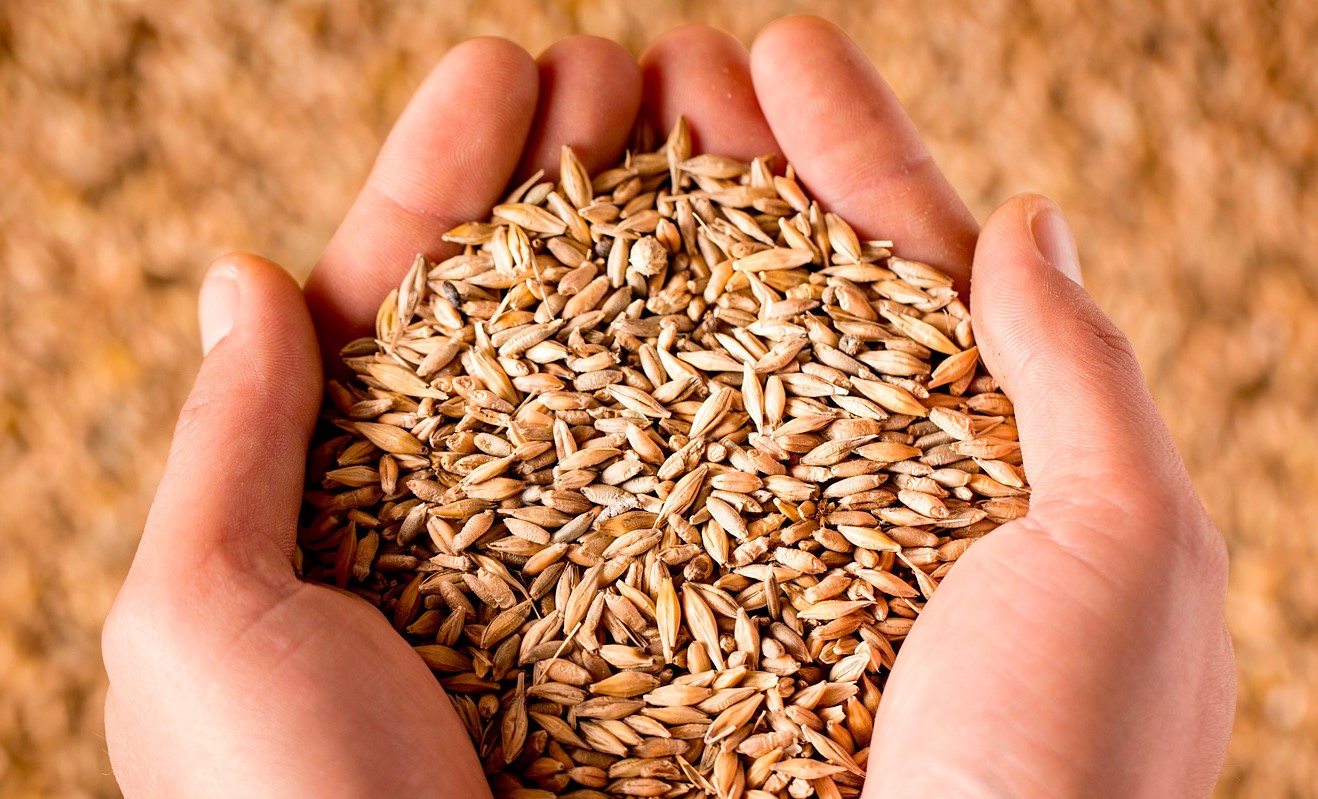




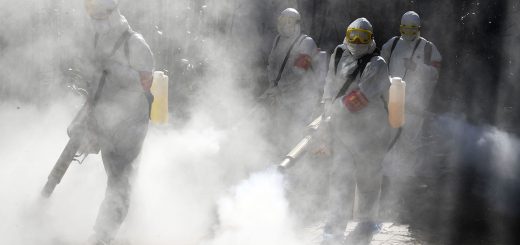



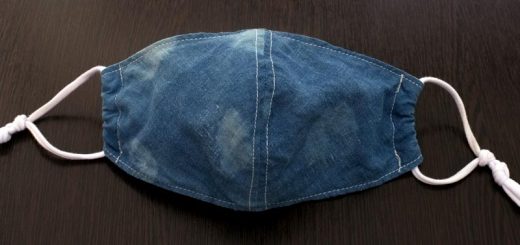

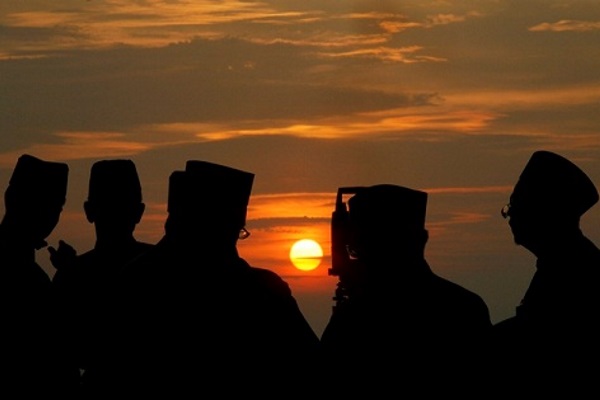


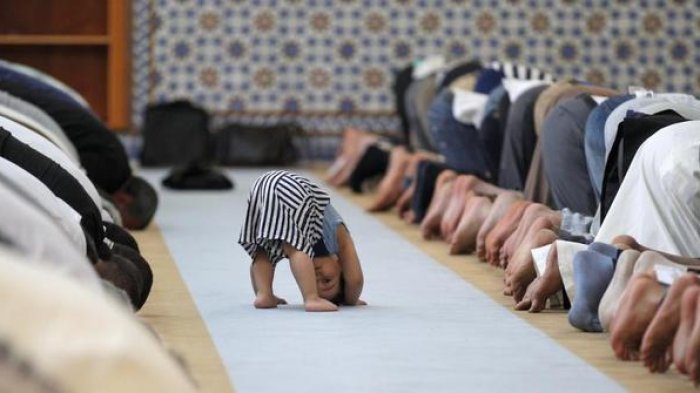



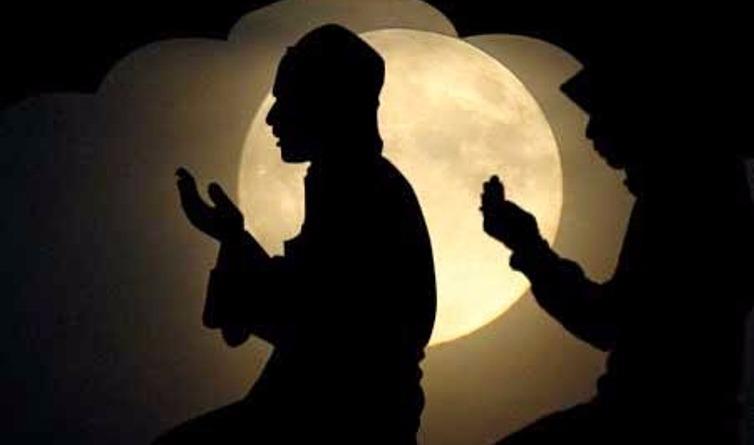

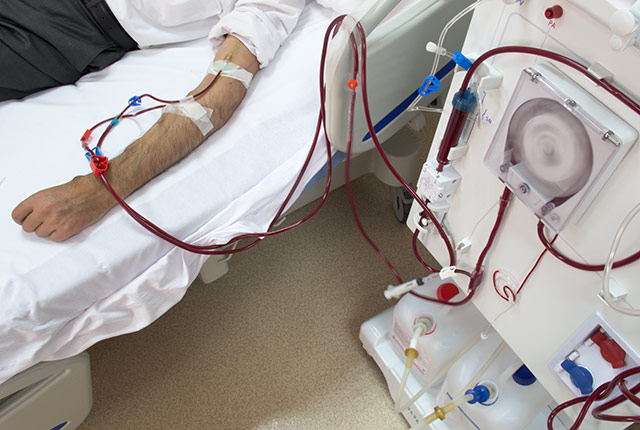
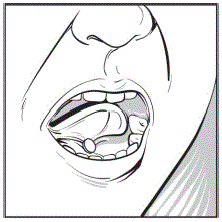



![[Q-ID0698] How is it to have a scan/test via X-ray, ultrasound, MRI, CT, ECG, etc while Fasting?](https://www.seekerspath.co.uk/wp-content/themes/hueman-pro/assets/front/img/thumb-medium-empty.png)

